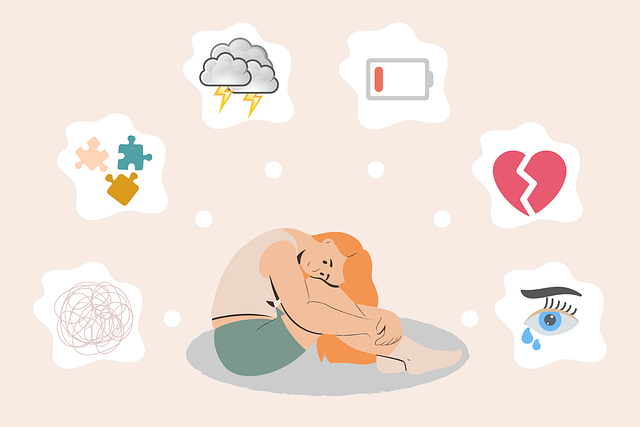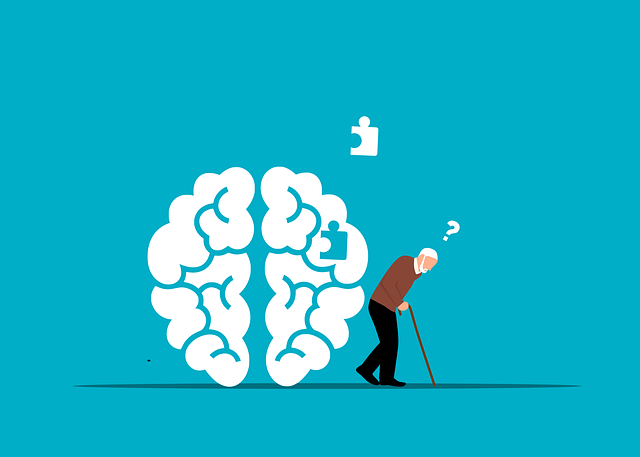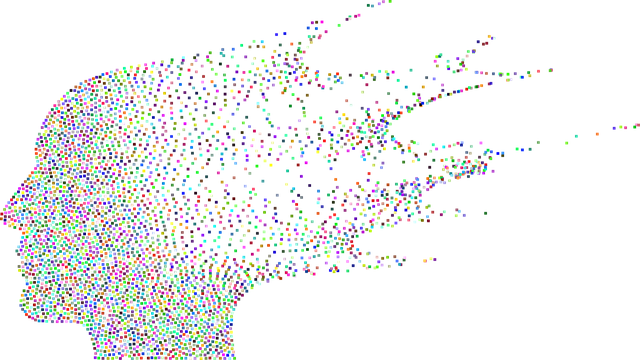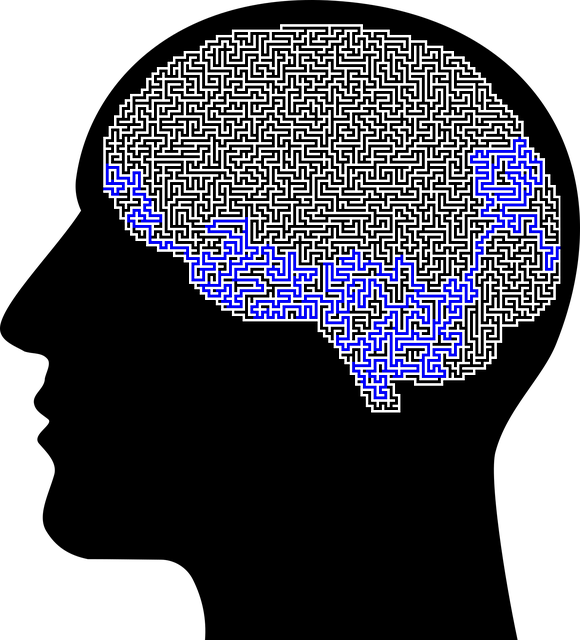Mental health apps, especially those focused on Littleton Conduct Disorder (LCD) therapy, offer personalized support and evidence-based practices for wider access to treatment. These apps incorporate features like gamification, CBT, mindfulness, and progress tracking to engage users and build coping skills. Development requires collaboration with psychology experts, prioritizing data privacy, security, and ethical strategies while ensuring accuracy through regular reviews for a safe digital therapeutic environment.
In today’s digital age, mental wellness app development is transforming access to care. As we explore, understanding conditions like Littleton Conduct Disorder (LCD) is crucial for designing effective therapy apps. This article delves into key features and functionality considerations for LCD therapy apps, navigating the development process, and addressing ethical implications. By leveraging technology responsibly, these applications hold promise in reaching individuals where they are, offering support when it’s needed most.
- Understanding Mental Health Challenges: An Overview of Littleton Conduct Disorder
- Designing Effective Therapy Apps: Key Features and Functionality Considerations
- Development Process and Ethical Implications for Mental Wellness Applications
Understanding Mental Health Challenges: An Overview of Littleton Conduct Disorder

Mental health challenges, especially those related to conduct disorders like Littleton Conduct Disorder (LCD), are significant issues that impact many individuals and families. LCD is a serious behavioral disorder characterized by persistent patterns of inappropriate behavior, often resulting in significant problems at home, school, or work. It typically manifests during childhood or adolescence, affecting a person’s ability to follow social norms and comply with rules.
These disorders can significantly hinder an individual’s daily functioning and overall well-being. The app development space offers a promising avenue for intervention through personalized therapy and support systems. By creating digital tools that incorporate evidence-based practices, it is possible to reach a broader audience, especially those who may not have access to traditional therapy services. Features like stress management workshops, positive thinking exercises, and resilience-building activities within mental wellness apps can empower users to take control of their mental health, complementing professional treatments and fostering better coping strategies for managing LCD symptoms.
Designing Effective Therapy Apps: Key Features and Functionality Considerations

In designing effective therapy apps, such as those tailored for treating Littleton Conduct Disorder, developers must prioritize features that promote engagement and consistent use. Key considerations include interactive elements like gamification, which can make therapy more enjoyable and encourage users to stick with their treatment plans. Personalization is also vital; apps should adapt to each user’s unique needs, offering customized strategies for managing symptoms of conduct disorder, such as impulsive behavior and aggression.
Furthermore, integrating evidence-based practices like cognitive behavioral therapy (CBT) techniques, mindfulness exercises, and emotional regulation strategies can enhance the app’s efficacy. Features promoting self-esteem improvement and emotional intelligence development are beneficial additions. By incorporating regular feedback mechanisms and progress tracking, users can gain a sense of accomplishment and better understand their mental health journey, fostering a positive user experience that supports long-term engagement and recovery.
Development Process and Ethical Implications for Mental Wellness Applications

The development process for mental wellness applications involves careful consideration of user needs and best practices in therapeutic interventions. It begins with extensive research to understand the target audience, such as individuals struggling with conditions like Littleton Conduct Disorder. Developers collaborate with psychologists and therapists to integrate evidence-based techniques, ensuring the app provides effective support. This includes implementing features like mindfulness meditation exercises and resilience-building activities tailored to the specific challenges faced by users dealing with conduct disorder.
Ethical implications are paramount in this domain. Developers must prioritize data privacy and security, especially when dealing with sensitive mental health information. Transparency about data usage and clear consent mechanisms are essential. Additionally, apps should promote positive self-esteem improvement strategies, ensuring they are inclusive and avoid stigmatization. Regular reviews by experts ensure the app’s content remains accurate and beneficial, fostering a safe digital environment for users’ emotional well-being.
The development of mental wellness apps, particularly those designed to address Littleton Conduct Disorder therapy, offers a promising avenue in the digital health landscape. By incorporating evidence-based practices and user-centric design, these applications can significantly enhance access to care. However, it is imperative to navigate the development process with ethical considerations, ensuring privacy, data security, and cultural sensitivity. With proper implementation, mental wellness apps have the potential to revolutionize support for individuals struggling with conduct disorders, making therapy more accessible and effective in today’s digital era.











